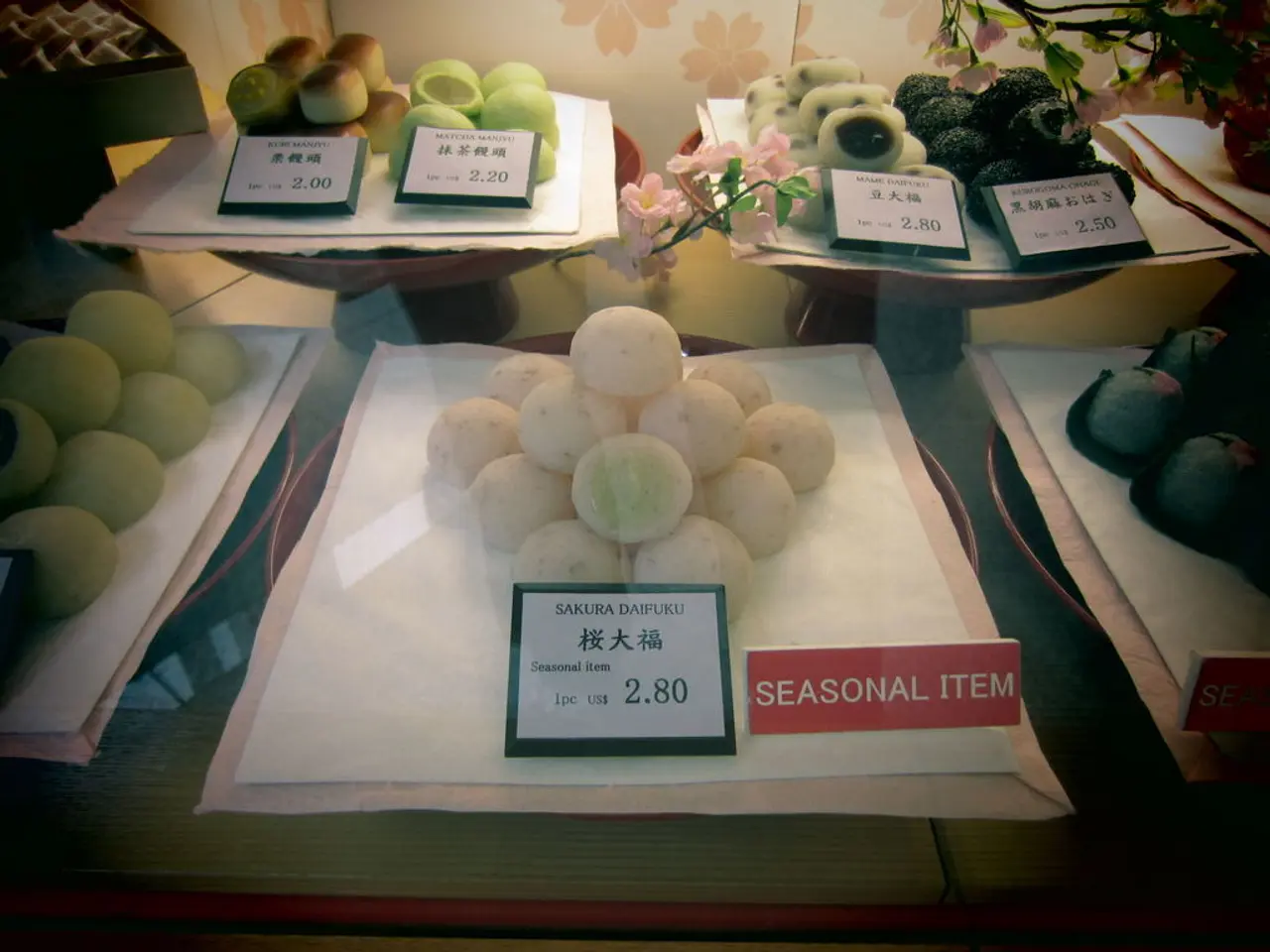Stock Exchange Commodities: Description, Classification, and Investment Functions
In the dynamic world of finance, commodities stand out as essential building blocks. These interchangeable raw materials, used in the production of goods, serve as the underlying investment for futures and options contracts on commodity exchanges.
Commodities can be broadly categorised into two main types: hard and soft commodities. Hard commodities, such as metals and oil, are mined or extracted, while soft commodities, like wheat and coffee, are agricultural products.
The global commodities trading scene is bustling, with key exchanges like the Chicago Mercantile Exchange (CME), the New York Mercantile Exchange (NYMEX), the London Metal Exchange (LME), and the Intercontinental Exchange (ICE) taking centre stage. These exchanges facilitate trading in a wide array of commodities, including energy, metals, agricultural products, and livestock.
Investors often include commodities in a diversified portfolio due to their ability to hedge against inflation and their low correlation with other assets. Producers, too, use commodities as a hedge against inflation, while speculators employ them for portfolio diversification.
Commodities are typically bought and sold through futures on these exchanges, which set standard quantities and quality. This allows for a more efficient and standardised trading process. Farmers, for instance, can use futures to hedge against the risk of losing money if the price of their commodity falls before the crop is harvested.
Commodity prices are influenced by a variety of factors, including prevailing economic conditions, natural disasters, and investor sentiment. During periods of accelerated inflation, commodity prices often rise, serving as a protection against it for investors.
Derivative securities such as futures and forward contracts play a significant role in the modern commodities market. These securities allow for price risk management and speculation, with speculators aiming to profit from price changes and not planning to receive or deliver the commodity once the futures contract expires.
It's important to note that commodities must meet minimum quality standards, known as the commodity's basis grade, for trading purposes. These standards ensure a consistent product is traded, promoting fairness and efficiency in the market.
Lastly, it's worth mentioning that commodities are physical products meant for consumption or use in the production process, unlike assets and securities. This physical nature gives commodities a unique role in the global economy, making them a fascinating subject for exploration and investment.






